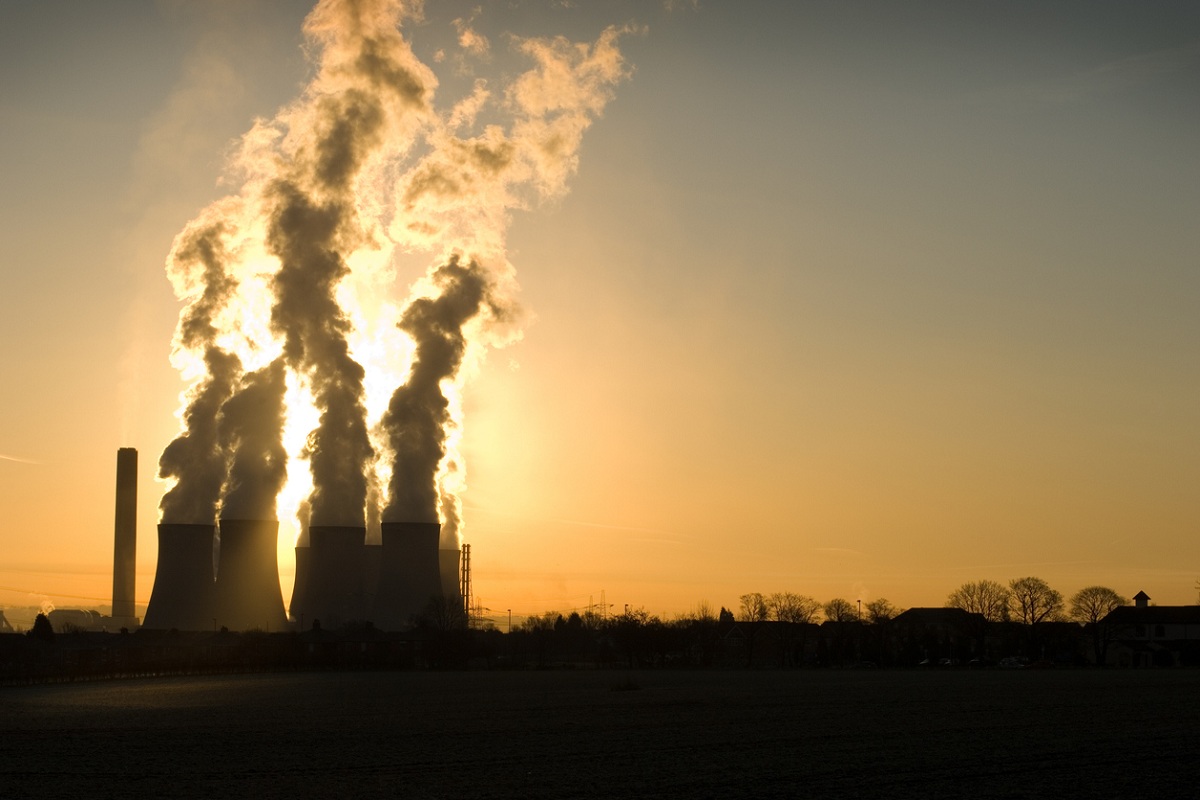A study conducted by the charity Oxfam International has shown a startling disparity in carbon emissions: five billion individuals, or the richest 1% of the world’s population, contribute twice as much to carbon emissions as the poorest two-thirds.
In order to overcome these discrepancies in the battle against climate change, the research emphasizes the necessity of customized government policies.
Advertisement
The paper, “Climate Equality: A Planet for the 99%,” highlights the uneven distribution of emissions linked with various socioeconomic categories up to 2019 and is based on research from the Stockholm Environment Institute (SEI). It clarifies how important income levels are in determining environmental effect.
According to the study, the top 1% of the world’s population, or 77 million people, is accountable for 16% of the consumption-related emissions worldwide. This is equal to the emissions of 5.11 billion people, or 66% of the world’s population based on income.
The worldwide top 1%’s income level varies by nation and takes purchasing power parity into account.
Analysis conducted within-country sheds further light on the differences.
For example, in France, the top 1% of earners produces the same amount of carbon in a year as the bottom 50% does in 10. When emissions related to investments are taken out of the equation, the carbon footprint of Bernard Arnault, the richest person in France and the creator of Louis Vuitton, is 1,270 times greater than that of the typical French citizen.
The report’s co-author, Max Lawson, emphasizes the significance of progressive climate measures. Taxing frequent travel or charging differently for investments made in green and non-green categories are two of his recommendations. According to the research, successful regulations should make sure that people who emit more have to make greater sacrifices.
Although the study concentrates on carbon linked to human consumption, it observes that the emissions originating from the investments of the ultra-rich eclipse their personal emissions. Previous Oxfam research has shown that billionaires are more likely than the ordinary investor to invest in sectors that pollute the environment.











